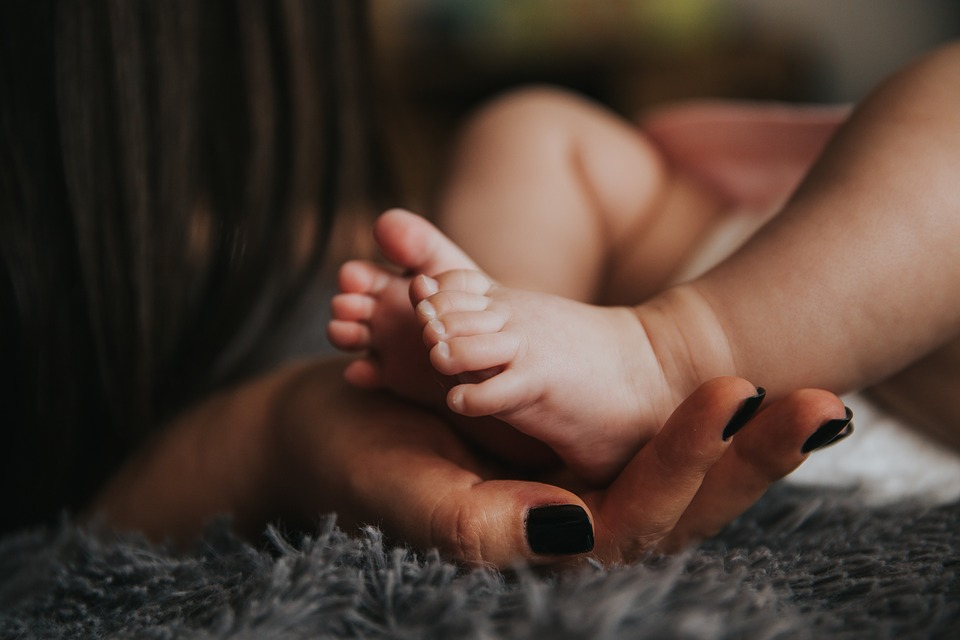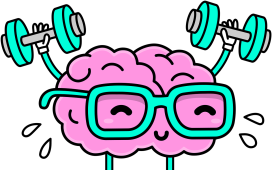As much as new moms are excited about the arrival of the baby, there is something more that they experience apart from joy and happiness. In the worst cases, it can be something that you least expected “depression”. Keep reading to know more How to Deal With Postpartum Depression.
What is Postpartum Depression?
Postpartum depression, abbreviated as PPD, is one stage further than baby blues. It is a complex mix of emotions and behavioral changes that a woman experiences after childbirth. According to the manual of mental disorders, PPD is termed as a major form of depression, but the good news is, it can be cured through medication.
Postpartum depression is mainly associated with the changes (chemically, physically, and psychologically) during childbirth.
Symptoms of Postpartum Depression
The symptoms of PPD are mainly mistaken for being normal or baby blues. However, PPD sufferers have more intense and long-lasting symptoms. These symptoms may eventually become a hindrance in taking care of your new baby and manage other daily chores and tasks. These symptoms usually develop within the first few weeks after childbirth, but there are chances that you can develop PPD during pregnancy.
The symptoms of PPD may include:
- Appetite changes
- Severe mood swings
- Difficulty in sleeping
- Excessive fatigue
- Hopelessness
- Feeling difficult to bond with baby
- Fear of not being a good mother
- Restlessness
- Inability to concentrate, think or make decisions
- Panic attacks
- Thoughts of harming the baby or yourself
- Thoughts of death or suicide
Risk Factors for Getting Postpartum Depression
There are other factors that can also aid to PPD; few of them are listed as follows:
- Marital problems
- Having a history of depression
- Living alone
- Having no social support
- Age factor -the younger you are, the more chances to develop PPD
- Children -the more children you have, the more depressed you are going to be in the subsequent pregnancy
Is Postpartum Depression Common?
It is common for new mothers to experience “baby blues” post-childbirth. However, one out of ten of those mothers develops Postpartum Depression. Further, about one out of those 1,000 women develop a more severe case known as Postpartum Psychosis.
What are the Different Types of Postpartum Depression?
The previous section let us believe that there are different types or more precisely different stages of Postpartum Depression.
There are mainly three types of mood changes a woman experiences after childbirth:
1. Baby Blues
The baby blues that occur right after birth are considered normal. A new mother is most likely prone to experience crying, mood swings, impatience, anxiousness, loneliness, and sadness.
The baby blues occur for a short period of time, and they can last for a few hours or maximum until one to two weeks after birth. Baby blues often don’t require medical help; joining a support group for new moms would be enough to get through it.
2. Postpartum Depression
PPD can occur right after birth or even after months of childbirth. It is not necessary to develop a PPD after the first child; this can occur after any child.
It is pretty hard to distinguish between baby blues and Postpartum depression as the feelings are similar to each other, however, moms with PPD experience those feelings much more strongly than the ones with the baby blues.
When a woman’s ability to do daily tasks is getting affected, it is the right time to seek medical help through your ob-gyn doctor or primary care doctor.
3. Postpartum Psychosis
Postpartum psychosis is a very serious mental condition or illness. This can lead new mothers to experience having auditory hallucinations, delusions, and losing touch with reality.
Other symptoms of postpartum psychosis include insomnia, restlessness, anger, strange behavior, and feelings.
Women suffering from this psychosis are suggested to take medical treatment right away. In the worst cases, women are also admitted to the hospital to help prevent them from hurting themselves.
How to Cope After Childbirth?
When bringing home your newborn, here are a few tips that can help you cope with the situation:
- Expect the reality of having both good as well as bad days
- Take a good diet and avoid alcohol and caffeine
- Ask others for help and let people around you know how they can help you
- Take a healthy exercise after consulting with your doctor, go for a walk in the fresh air
- Don’t avoid your partner rather develop a good relationship with your partner
- Do not isolate yourself, keep yourself in touch with friends and family
- Limit the visitors in the first few days after the birth
- Take ample sleep and rest when your baby sleeps
How is Postpartum Depression Treated?
The treatment of Postpartum Depression completely depends upon the type and severity. Most commonly, the treatment includes anti-anxiety or antidepressant medications, therapy, and participation in support groups for new moms.
For extremely severe cases, a medication known as brexanolone(Zulresso) might be prescribed.








2 Comments